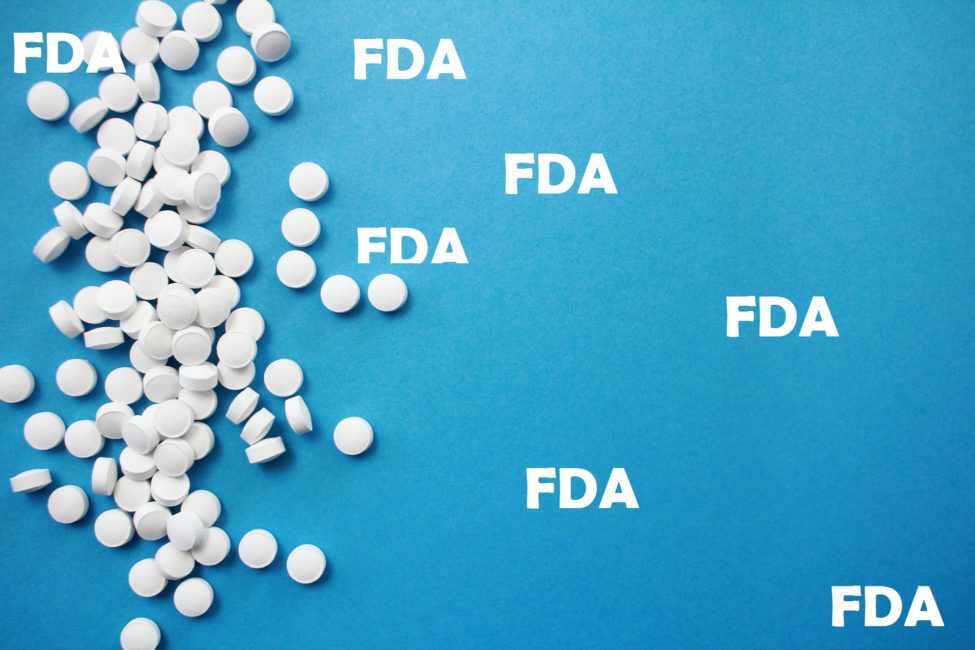June 30, 2020: “Merck and Pfizer announced that the US FDA has approved the supplemental Biologics License Application (sBLA) for BAVENCIO® (avelumab) for the maintenance treatment of patients with locally advanced or metastatic urothelial carcinoma (UC) that has not progressed with first-line platinum-containing chemotherapy.
The approval is based on results from the Phase III JAVELIN Bladder 100 study, which demonstrated a significant 7.1-month improvement in median overall survival (OS) with BAVENCIO as first-line maintenance plus best supportive care (BSC) compared with BSC alone: 21.4 months (95% CI: 18.9 to 26.1) vs. 14.3 months (95% CI: 12.9 to 17.9).
This statistically significant improvement in OS represents a 31% reduction in the risk of death in the overall population (HR 0.69; 95% CI: 0.56 to 0.86; 2-sided P=0.001).
OS was measured from the time of randomization, after patients were treated with four to six cycles of gemcitabine plus cisplatin or carboplatin over a period of approximately four months.
The JAVELIN Bladder 100 results were presented at the ASCO 2020 Virtual Scientific Meeting.
Related News: EUROPEAN MEDICINES AGENCY VALIDATES APPLICATION FOR BAVENCIO® for UROTHELIAL CARCINOMA
BAVENCIO (avelumab) extensively Improved Overall Survival in Patients with Locally Advanced or Metastatic Urothelial Carcinoma
“As the first immunotherapy to demonstrate a statistically significant improvement in overall survival in the first-line setting in locally advanced or metastatic urothelial carcinoma, the FDA approval of avelumab is one of the most significant advances in the treatment paradigm in this setting in 30 years,” said Petros Grivas, M.D., Ph.D., one of the principal investigators in the JAVELIN Bladder 100 trial.
“With median overall survival of more than 21 months, measured from randomization, the longest overall survival in a Phase III trial in advanced urothelial carcinoma, the JAVELIN Bladder 100 regimen with avelumab as a first-line switch maintenance treatment has the potential to become a new standard of care based on its proven ability to reinforce the benefit (response or stable disease) of induction chemotherapy and extend the lives of patients with this devastating disease.”
Platinum-based chemotherapy is currently the first-line standard of care for eligible patients with advanced disease based on high initial response rates.
However, most patients will ultimately experience disease progression within nine months of initiation of treatment, and only 5% of patients with metastatic disease at diagnosis will live longer than five years.
“Many patients newly diagnosed with advanced urothelial carcinoma receive benefit from initial chemotherapy, but we still need treatment options that can help patients live longer,” said Andrea Maddox-Smith, CEO of the Bladder Cancer Advocacy Network.
“We wholeheartedly support the development of new and promising treatments like BAVENCIO that can offer patients and their loved ones hope.”
For patients that do not progress on platinum-containing chemotherapy, BAVENCIO is administered as a first-line maintenance treatment until disease progression or unacceptable toxicity.
The FDA previously approved BAVENCIO under the accelerated approval program in 2017 for the treatment of patients with locally advanced or metastatic UC who have disease progression during or following platinum-containing chemotherapy, or who have disease progression within 12 months of neoadjuvant or adjuvant treatment with platinum-containing chemotherapy, based on tumor response rate and duration of response.
Continued approval was contingent upon verification of clinical benefit, which was demonstrated in JAVELIN Bladder 100.
The FDA has now converted the accelerated approval to full approval.
“Today’s approval of BAVENCIO in the most common type of advanced bladder cancer underscores our commitment to advancing scientific innovation and transforming outcomes for people with genitourinary cancers,” said Andy Schmeltz, Global President, Pfizer Oncology.
“With this approval for BAVENCIO, we have the opportunity to fundamentally shift the standard of care in the first-line setting of advanced bladder cancer.
Our focus now is to work closely with the GU community to ensure that this novel and potentially life-changing treatment paradigm is rapidly integrated into clinical practice,” said Rehan Verjee, President of North America and Global Head of Innovative Medicine Franchises for the Biopharma business of Merck.
JAVELIN Bladder 100
JAVELIN Bladder 100 (NCT02603432) is a Phase III, multicenter, multinational, randomized, open-label, parallel-arm study investigating first-line maintenance treatment with BAVENCIO plus BSC versus BSC alone in patients with locally advanced or metastatic UC that did not progress with first-line platinum-containing chemotherapy as per RECIST v1.1.
A total of 700 patients were randomly assigned to receive either BAVENCIO (10 mg/kg intravenous infusion every 2 weeks) plus BSC (n=350) or BSC alone (n=350).
The primary endpoint was OS in the two primary populations of all randomized patients and patients with PD-L1+ tumors defined by the Ventana SP263 assay.
Secondary endpoints included progression-free survival, anti-tumor activity, safety, pharmacokinetics, immunogenicity, predictive biomarkers and patient-reported outcomes in the two primary populations.
All primary and secondary endpoints are measured from the time of randomization, after completion of four to six cycles of chemotherapy. Patients with autoimmune disease or a medical condition that required immunosuppression were excluded.
In PD-L1+ patients (n=358, 51%), the risk of death was reduced by 44% in the BAVENCIO arm versus the control arm (HR 0.56; 95% CI: 0.40 to 0.79; 2-sided p-value <0.001).
Consistent results were observed across the pre-specified subgroups of complete or partial response versus stable disease to first-line chemotherapy.
In an exploratory analysis of patients with PD‑L1‑negative tumors (n=271, 39%), the OS hazard ratio was 0.85 (95% CI: 0.62, 1.18).
A fatal adverse reaction (sepsis) occurred in one (0.3%) patient receiving BAVENCIO plus BSC. Serious adverse reactions occurred in 28% of patients receiving BAVENCIO plus BSC.
Serious adverse reactions in ≥1% of patients included urinary tract infection (including kidney infection, pyelonephritis, and urosepsis) (6.1%), pain (including abdominal, back, bone, flank, extremity, and pelvic pain) (3.2%), acute kidney injury (1.7%), hematuria (1.5%), sepsis (1.2%), and infusion-related reaction (1.2%).
The most common adverse reactions (≥20%) in patients receiving BAVENCIO plus BSC were fatigue, musculoskeletal pain, urinary tract infection, and rash.”
https://www.merckgroup.com/en/news/bavencio-avelumab-fda-approval.html


